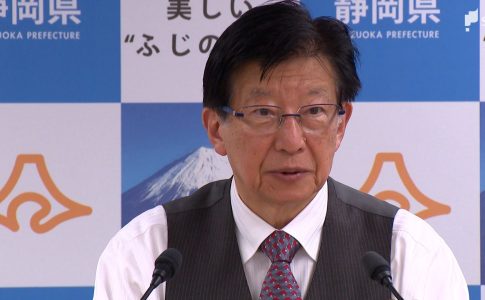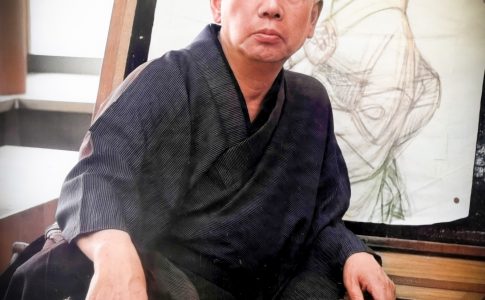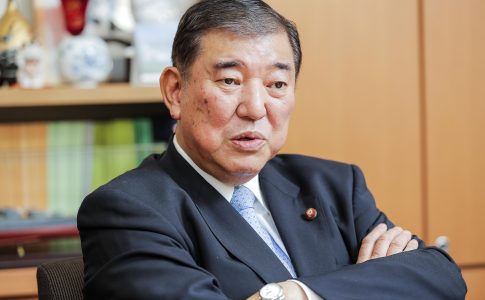Amidst an unrelenting disaffection towards Prime Minister Fumio Kishida, widely nicknamed ‘Tax-Hike Kishida’ on the internet, a substantial economic package exceeding 17 trillion yen was announced, aiming to counteract his image with income tax cuts. However, these tax reductions have stirred criticism not just from opposition parties but also within his own Liberal Democratic Party (LDP), leading to a further decline in cabinet approval ratings.
The situation within the LDP appears especially fraught, with internal criticism hinting at a struggle for leadership ahead of a potential general election, stirring up speculations about Kishida’s successor.
A critical point was the Senate plenary session on October 25th, following Kishida’s policy speech. The session, marked by unusual tension, saw LDP’s Hiroshige Seko, in a rare instance of intra-party criticism during a representative question session, questioning the clarity of Kishida’s tax cut policy.
Despite Kishida’s assurance of decisive action and direct communication with the public, there’s a palpable complexity in his response to the critiques from his own party. The tax cut proposal, announced just before the by-elections on October 22nd, has been met with lukewarm reception and has been seen as a desperate attempt to gain voter favor. This abrupt announcement failed to garner widespread support, as evident from the mixed results in the subsequent by-elections.
The Kishida administration’s tax cut plan, derived from a suggestion by his close aide Seiji Kihara, seems to align more with the finance ministry’s cautious approach rather than a genuine attempt to return increased tax revenues to the public.
The tax cut strategy, including a one-time income tax reduction and cash payments to low-income families, has been criticized for its lack of immediacy and potential unfairness. Critics argue that the plan lacks the urgency to address the immediate challenges of rising living costs, with opposition parties suggesting prioritizing direct payments over tax cuts.
Even within the LDP, there’s growing concern about Kishida’s leadership and decision-making, particularly regarding the tax cut policy. This discontent, coupled with a potential leadership struggle within the party, paints a complex picture for Kishida, who seems determined to stick to his policy direction despite internal challenges.
As Kishida forges ahead with his tax policy amidst growing internal and external pressure, the political landscape within the LDP and Japan at large remains tense and uncertain, with the ‘Post-Kishida’ era already a topic of speculation.












Leave a Reply